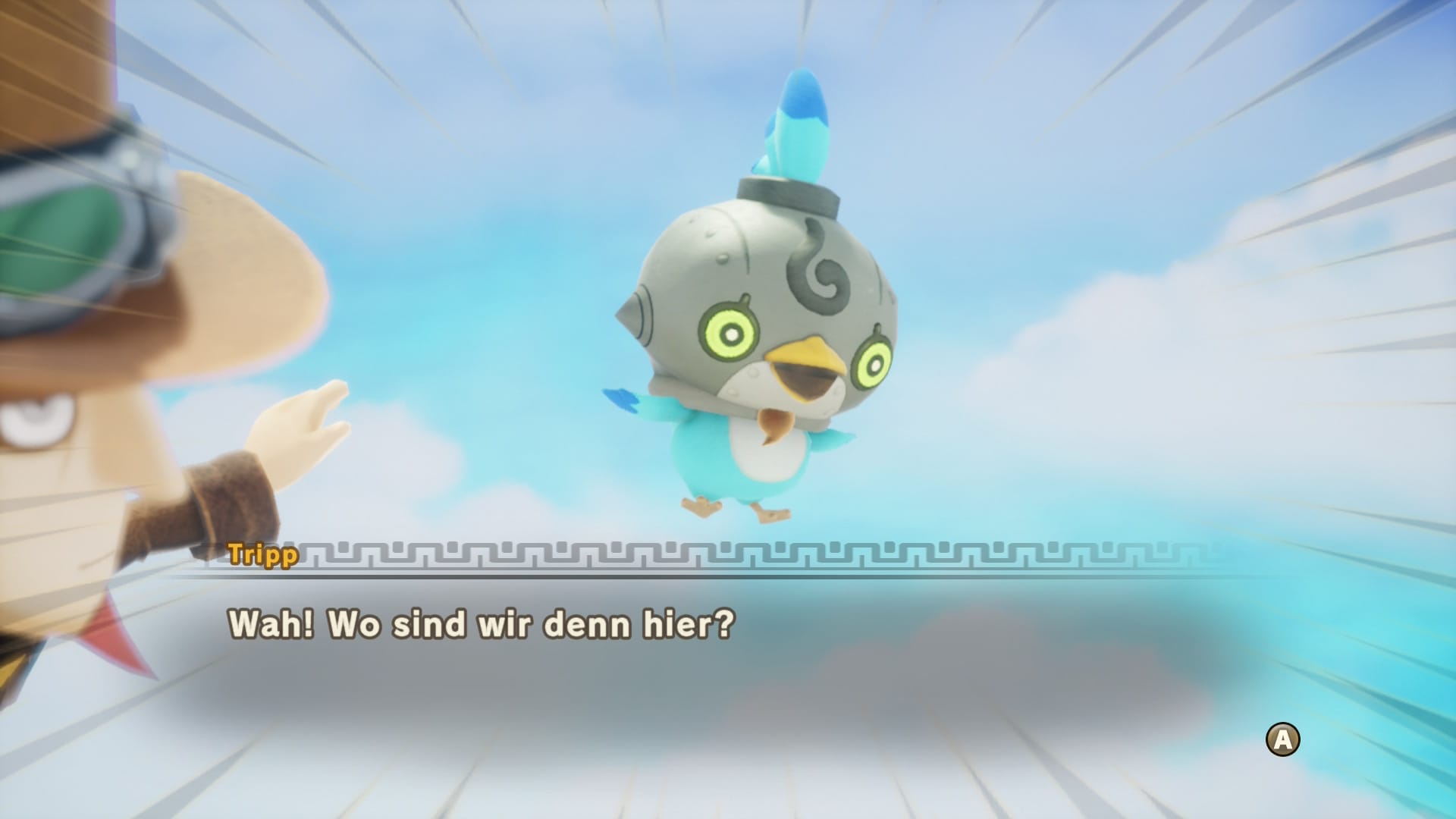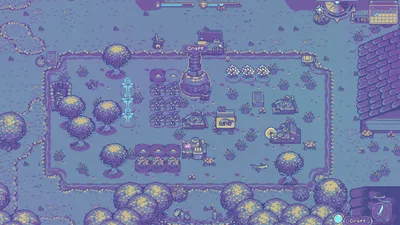So, I finally finished the game.
And what a game it was!
It is rare that I come across truly outstanding video-games. "The Legend of Zelda - Breath of the Wild" – the direct predecessor to Tears – was such a game for me: It completely changed what I expect from video-games. It felt like it delivered on the promise of an "open world" where you were free to do whatever you want. Finally the old phrase (spoken so many times in countless video-game showcases) of "See that mountain? You can go there!" became truly realised. Not only could you go there, but you could freely climb it! Gone, it seemed, were the days of yellow tinted ledges that the developers laid out for you to climb on.
This ethos of freedom and exploration extended to all sorts of areas: Every item had physic engine behind it and would realistically interact with the world. Every enemy had behaviours and was reacting to it's environment. It was up to you to figure out how to best use all of this to your advantage. Nintendo trusted the player's intellect and allowed them to create their own fun.
And, uff, I did.
After the release of "Breath of the Wild" I was fully expecting to see many games trying to recreate and build on it's template. After all, it had created a new standard! But that did not happen. In all the time since 2017, only one other game embraced this ethos (and, to be fair, more in spirit of exploration and respecting the player then actual mechanics): 2022s Elden Ring.
It is before this background that Tears of the Kingdom was released earlier this year. And it – somehow – improves so much on almost every aspect of Breath of the Wild, that I am still flabbergasted.
How will anyone live up to this? I imagine other developers must be panicking right now. I know I would, if I were in their shoes!
Now, if I had to pick three areas where I see the biggest leaps forward, it would be 1) The Story and Quests, 2) Overall Interactivity, and 3) Scope and Verticality. Let's briefly look at all these in order:
The Story and Quests
One weak spot of Breath of the Wild was certainly the story. Now, granted, story is historically not the driving factor of any Zelda game – at least in my opinion. It gives always you a rough framework and goals, but otherwise the games tend to focus more on mechanics. And this was true for Tears' prequel, too, which told its story mainly through a number of passive "lore dumps", which you would stumble upon throughout your journey.
Now, Tears does not change the structure too much! You are still collecting "memories" along your way, that show you what happened with Zelda. But the developers smartly build upon this formula.
First of all, there is a true mystery that you want to solve. This keeps the story engaging for a long time. And then there are the revelations! When certain things (no worries, I'm not spoiling them here) started to dawn on me, I was left speechless.
The story also feels a lot more personal. I really cared about Zelda and what was happening to her. So much so, that I was nearly crying at the end!
Lastly, there is also just so much more story to discover. Every stable has multiple quest-lines attached to it (some of the best, actually); every town has a problem for you to uncover and solve.
Yes, it is still the area with the most room for improvement (Why is Link not talking to anyone, even if he already has so many answers? Why does the awakening of the Sages feels like a rushed copy and paste job?) – but it made me care deeply for this iteration of Hyrule. And this counts for a lot.
Overall Interactivity
You are probably aware that you can build stuff in this game. Like, cars and planes and Bokoblin torture devices (which is quickly becoming it's own YouTube and TikTok genre).
And it's great!
The ethos of freedom we talked about earlier is being driven to the extrem by this. It feels like the developers are constantly saying Yes.
Fell every tree in the area to build a long bridge to cross a chasm? Yes! Build a catapult to skip an entire section of a puzzle? Sure! Build a three story high mecha with lasers and shit? Absolutely!
But not only the building part is exceptional and a great way to interact with the world. So are the other powers granted to you early in the game. Rewinding time, fusing objects to weapons, gliding through the ceiling; all become an essential tools in a lot of situations – be it exploration, combat or puzzle solving. Way more then Breath of the Wilds powers.
Now, obviously, I have a few quibbles here, too. I simply cannot turn off my UX designer brain when it comes to some of the building interactions. Surely there must be a better way to fuse multiple objects at a time. Why are there no favourites for fused weapon parts? Why is so tricky to trigger the abilities of the Sages? Things like that.
Do they ultimately matter? Not much.
Scope and Verticality
The game has basically three maps: The sky islands, the surface area of Hyrule, and an underground realm. You can sky-dive from a platform down to the surface and straight into a chasm and end up at the bottom, somewhere deep down in the depths.
The best quests often take you through all of these areas (a particular cool moment was when I stumbled upon Minerus sky-island and was brought all the way down to an underground factory of sorts!).
It is incredible ambitious.
If this encourages more developers to use previous engines and assets in order to focus more on gameplay innovations and scope, I'm all for it.
I think this is my main take away, right after finishing this: A lot to live up to for the games industry!
I cannot wait for what comes next!
See you soon, Zelda!

